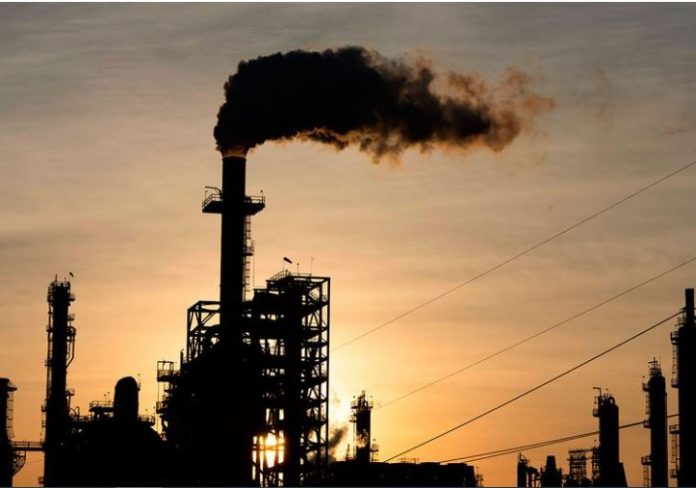By getting perennial deal breakers such as Iraq on board, OPEC+ has done its bit
OPEC continues to prove its positive role in the oil market, with its alliance growing stronger after every downfall.
The OPEC+ alliance, which includes non-OPEC members, agreed to extend oil production cuts to ensure a more balanced market, which is more sustainable for consumers and producers. Amidst the pandemic, oil demand was crushed by the lockdowns and resulting in stocks of crude piling up all over.
This glut led to great setbacks on delivery prices for March and April; however, during May and June the prices have been on an upward trend due to higher coordination and increased pressure on non-compliant oil producers within OPEC+. Extra measures were taken by the three major producers in the GCC – Saudi Arabia, UAE and Kuwait – to compensate for other nations’ noncompliance and helped reach a market equilibrium.
OPEC held a meeting to discuss the extension of its historic 9.7 million barrels per day oil production cut with its OPEC+ alliance of 23 oil producers. They have agreed on a mechanism that would enforce compliance as well as the agreement extension. Each non-complying producer would have to justify their stance and compensate for the relapse. The OPEC+ alliance has found the combination to cement the loopholes of the past. Iraq, Nigeria and Angola have vowed to comply with production cuts, which sent oil prices past the $40 mark for the first time this year.
Taking out the glut
Iraq ordered its Basra Oil Co. to reduce production by 1 million barrels per day in May, which is equivalent to 1 per cent of global output in 2019. The Basra Oil Co. production cut also accounts for 90 per cent of total production cut for Iraq, which has promised greater commitment to the deal.
This has reflected positively on the economic outlook for GCC countries. During June, the increase in global demand on refined products as lockdown measures eased in Europe and Asia has given oil traders a larger appetite, sustaining prices around $40 per barrel and even had the optimistic speculating it would pass the $60 mark by December.
A two-decade low
The current production rate of OPEC is at its lowest in almost 20 years, reaching 24.32 Million barrels per day in May. This high level of commitment certainly reflects the need for a permanent structure for the OPEC+ agreement. This collaboration has responded successfully to the pandemic and its consequences, which saw fleets of oil-filled tankers looming around ports waiting to unload.
These numbers are diminishing, which means the oil stockpile is decreasing at the desired pace. This is reflected in the non-renewal of the voluntary 1.18 million barrel voluntary cut by the three GCC oil majors, which is to remove more than 35 Million barrels per month of stored crude oil alone.
The top 5 OPEC members – Saudi Arabia, Iraq, UAE, Kuwait and Nigeria – have pledged an oil production cut of 5.35 million barrels per day, more than 5 per cent of global oil supply during 2019. As for non-OPEC members, the top 5 – Russia, Kazakhstan, Oman, Azerbaijan and Malaysia – have pledged a combined cut of 3.39 million barrels per day.
This demonstrates the strong efforts made to achieve a more sustainable oil market. The Saudi Energy Minister Abdulaziz Bin Salman Al-Saud, the UAE Minister of Energy Suhail Al-Mazroui, and Dr. Khaled Al-Fadhel, the Kuwaiti Minister of Oil, have achieved a new milestone in getting the OPEC+ production cut through.
As other non-conventional oil sources continue reducing their supply, it seems the moderate move towards a 7.7 million barrel oil cut during the second phase is getting closer.
– Feras Adel Al-Salem is Vice-President of Kuwait Business Council in Dubai.



